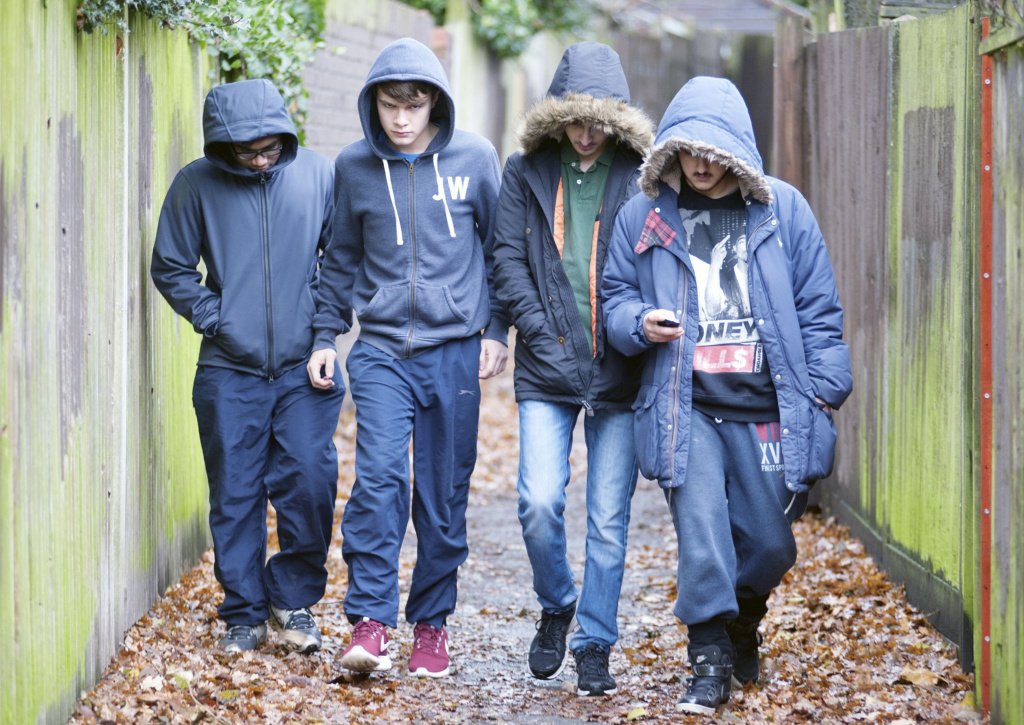
The continuing rise in knife crime and the shocking deaths of so many young people has prompted much hand-wringing amongst government ministers. They have all said ‘something must be done’ and have cited the Scottish Public Heath approach and the Violence Reduction Unit (VRU) in the Glasgow’s Police force as possible ways forward.
The Scottish case history is extraordinary. By adopting the Public Health approach to violence crime advocated by the World Health Organisation, they have seen murders drop from 137 in 2004/5 to 59 in 2018. Knives were the main instruments for 58 per cent of these deaths.
But few of the levers of change used in the Public Heath approach in Scotland exist in quite the same way in England. Apart from anything else, there is a cultural and ideological resistance in government circles to the notion that knife crime and violent crime in general emerges from social deprivation. It is anathema to the English political and budgetary system to put money into prevention rather than cure, and the Public Health approach is, above all else, a preventative one.
In Scotland it involved the police VRU working with education, social workers, youth clubs and the NHS to create more knowledge about the impacts of gang culture, drugs and of just sticking a knife into another person’s body.
One of the first priorities of of the VRU was to give gang members ‘alternative pathways’. Mobilising youth clubs was a key part of the strategy. These don’t really exist in England in any numbers any more, as local governments have had to close them as part of the their 50 per cent reduction in funding. Charitable Youth Projects, which the VRU strategy used to deliver work, training and former offenders, visit schools to warn children what awaits them if they take certain paths, have also had their funding hit.
A major strategic effort was put by the deputy director of the VRU, Will Lindin, into mediating a reduction in school suspensions, and his success in achieving this is credited by him as being a huge factor in knife crime reduction. This is a lot easier in Scotland, where local authorities still have a strong role in education and autonomous academies don’t exist, Here, who would be his equivalent to mediate with? It would have to be a school-by-school project and would have to compete with the demands of Boards of Directors and League Tables, which are increasing the number of pretty dubious suspensions, and ‘disappearances’ of pupils from the school register.